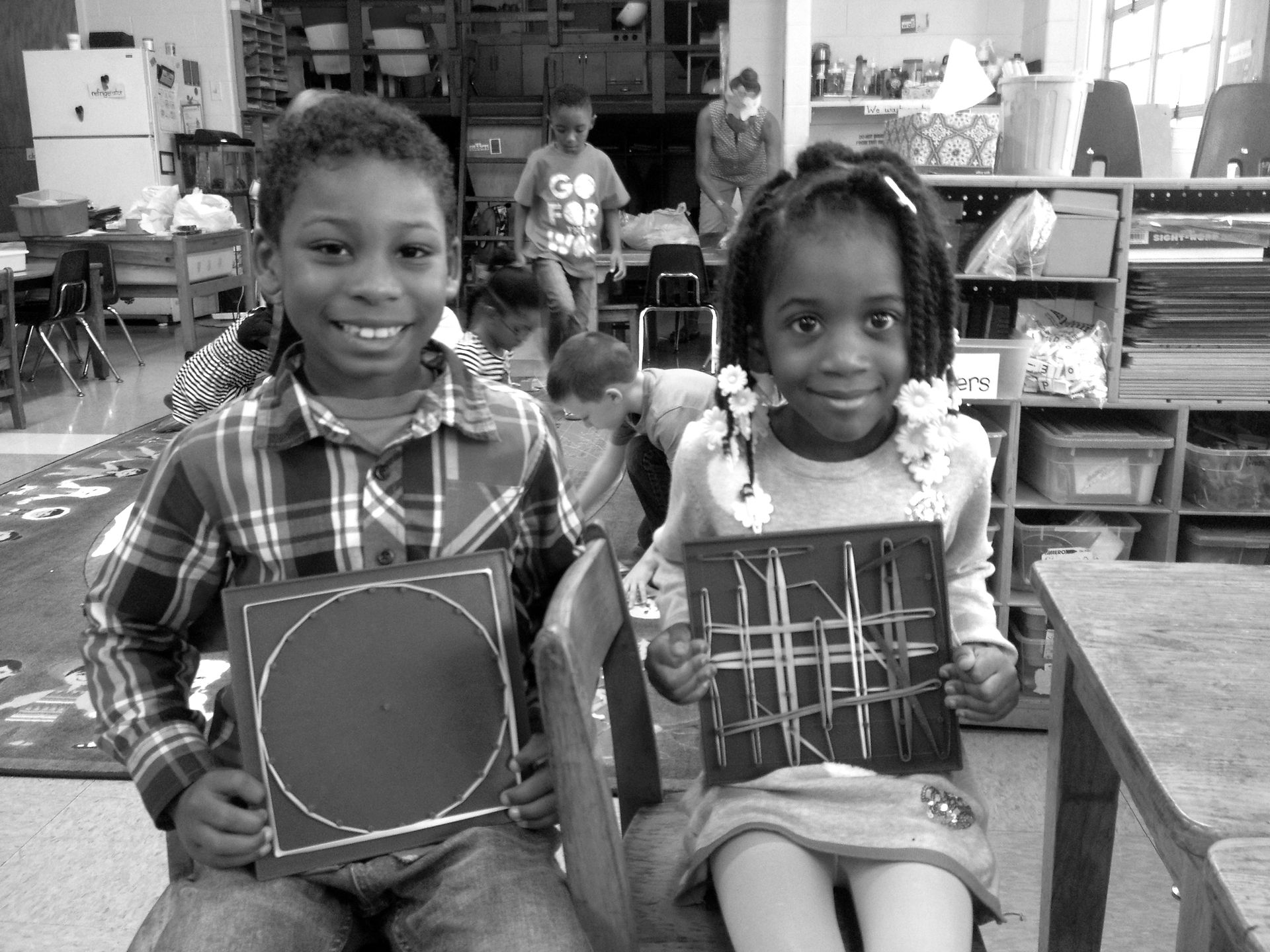
MOVING
FORWARD
To answer my inquiry question, I think this assignment did reinforce social studies concepts. By shifting the emphasis of our studies away from the study of famous people and events, and secondary source materials, the assignment demonstrated that major historical themes can be observed in our own personal life experiences.
In the future, I intend to make the connection between history and real life experience more explicit by devoting more time to meaningful classroom conversation. As I mention earlier, I learned so much from my students in the small, one-on-one conversations that I had with them in between recording bits of their interviews. My experience in this unit, and my course readings, tell me that it’s imperative for students to share out these experiences with other students in full class discussions because it is where they will make connections and it is also where they will develop the sense that they are a ‘community’ of learners. It will also, as a teacher, make me feel that we have used the material for all its worth. I regret that I didn’t record the little anecdotes that students shared with me during moments on the side. Next time, I would capture the things they said off-script.
I would also give the students more agency in designing the interview questions. This would require the students to demonstrate their recognition of the key concepts from the Immigration unit and how to draw connections to personal experience. While I would want to see the questions and make sure that they were respectful of the person being interviewed, I would also want the students to feel that they owned the questions and that they hadn’t been filtered or censored by their teacher.
Something I take from my inquiry is that family-centered assignments depend on support and participation by families. Parents played a role as interview subjects, making arrangements for interviews with others, or even helping students to write interview responses. I am aware that this assignment would not succeed nearly as well at a school with less family support. I expect that if I were going to reuse the interview assignment, I might consider adapting it to make it less dependent upon family support. Perhaps I would suggest that the students interview any member in their community, not just family. Or perhaps, as I mention earlier, I could invite immigrants from the community into our classroom and have the students interview them in class. This would also help address the issue of accessibility for students who don’t have immigrants in their families; inviting immigrants from the community into our classroom would make the assignment more inclusive of students who do not have family who have moved to the U.S from other countries and who feel that they don’t have interesting material to work with.
One topic of inquiry for the future is whether family-focused assignments increase student engagement in comparison with other assignments. At Penn Alexander, my students engage eagerly with most of their assignments. It was difficult to judge whether involving family in an assignment increased their motivation. In other environments, I would be interested to know whether family and community engagement produces more dramatic results.
Next Pg.